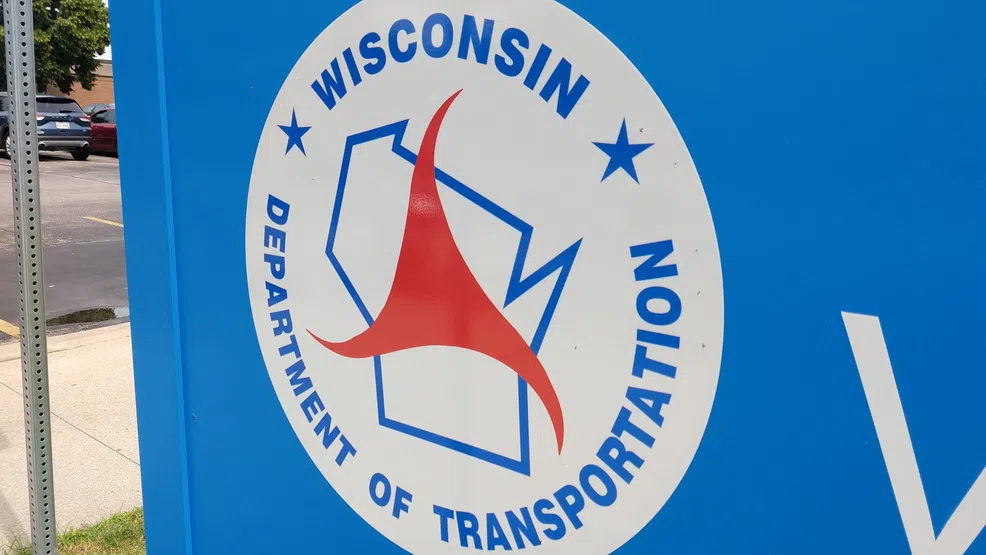
PHOTO: Courtesy of WLUK
(WTAQ-WLUK) — A new law went into effect earlier this month that will help expedite family notifications in the case of an emergency. All you have to do is sign up.
And while it’s a voluntary program, it’s one law enforcement says everyone should consider doing.
What happens if you’re driving in your car, and through no fault of your own, you find yourself incapacitated and in an emergency situation?
Law enforcement, responding to an incident like a car accident, might struggle to find your family or an emergency contact to let them know you’ve been injured.
Lt. Craig Wendling with the Calumet County Sheriff’s Office spoke about how law enforcement tries to track people down in those situations.
“What we have to do then is, off the registration, start searching the internet for family and addresses. So sometimes it could take hours to find somebody or locate somebody,” said Wendling.
But now, thanks to the TIFF — “To Inform Families First” — law, Wisconsin has a registry people can voluntarily sign up for that links an emergency contact to either your driver’s license or state ID.
Lt. Wendling said, “You never know when something bad is going to happen and just being able to track down your loved ones just helps us.”
The TIFF registration is a quick online form that takes minutes to fill out, but saves law enforcement the time and effort of tracking down your loved ones in an emergency situation.
“Once entering your driver’s license number, it was literally seconds that it popped up. One of the lines underneath the normal, your address and everything, is emergency contact, and that information is just placed on a line and we have access to it,” said Lt. Wendling about quickly the registry works.
It’s a common sense idea Wisconsinites are on board with.
“I always thought about. If something happens and they can’t get in your phone to get at your main contact or whatever, what happens? So, it sounds like a good idea, yeah,” said Bill Secor of De Pere.
Susan Garot of Allouez added, “If something were to happen to me it would be nice that my kids could be contacted, my next of kin. Yeah, I think it’s a great idea.”
And while the TIFF law is for those who carry a driver’s license or state ID, law enforcement says everyone should have some sort of identification or emergency contact information on them at all times.
“In my career, I have had an incident when a young boy was hit and there was no identification and we had nowhere to go but to wait for somebody to call looking for their child,” Wendling said.
A tag or card in a bike helmet or backpack is all it takes.



Comments